Poetry for Personal Power: National expansion
by Corinna West
Poetry for Personal Power is a process innovation. We train artists and advocates to reduce hospitalizations, provide prevention info, and link people to paid AND natural peer supports.
Kansas City, KS United States Mental Health Patient Power Tools! Art in Healthcare Takeda challengeAbout our project
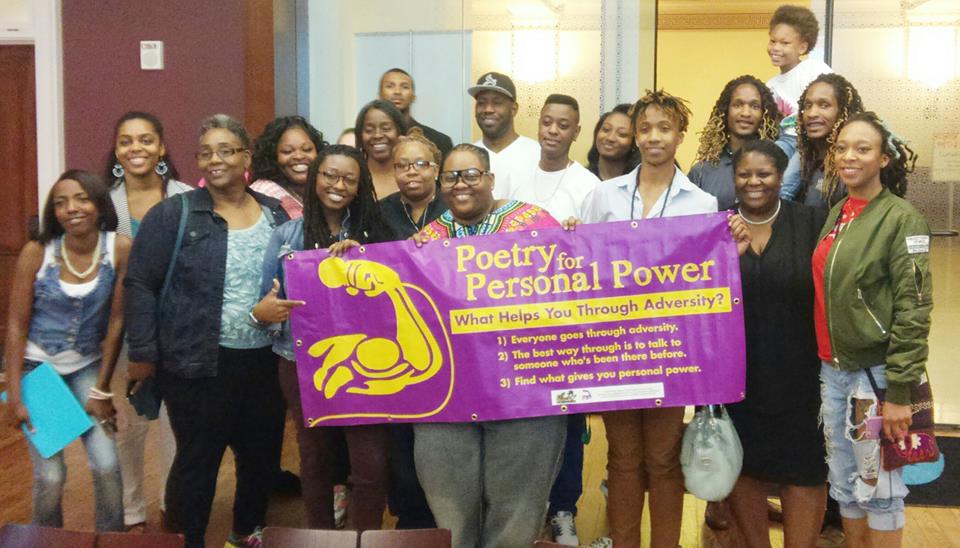
The problem we solve:
We need more natural community peer supports. What are these? These are the boxing clubs, gardening clubs, or mentoring groups in every small town and city that already sustain people. They beat traditional mental health care approaches whenever they are directly compared or added to treatment. Innovative ways to provide lay interventions is the #1 item in SAMHSA's 2007 Workforce Development Action plan.
Natural peer supports are more likely to be adopted. Churches and boxing clubs already have workers, whereas mental health centers have relatively low uptake of peer support roles. It is a better work environment: 86% of patient advocates who work in a peer run organizations like ours are happy compared to 54% in mental health centers (Psychiatric Services 64:181–184, 2013). In person natural peer supports are better than online approaches to solve the housing, employment, and social issues that are the real barriers to recovery (NASMHPD 2002). In therapy, 85% of the benefit comes from the trusting relationship built (Scott Miller, KU). Poetry for Personal Power is a training method to teach artists and advocates to teach their community how to build trusting relationships. Our primary outcome measure is hospital avoidance.
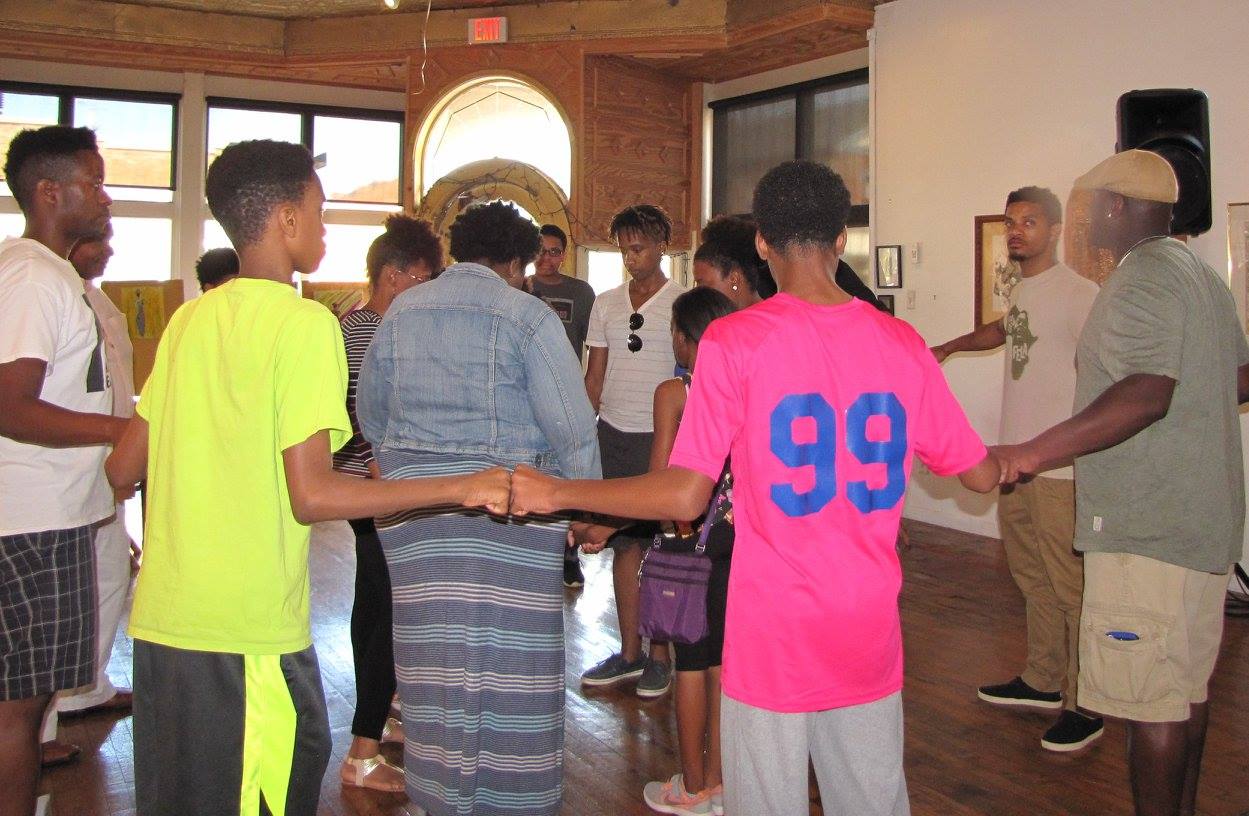
About our solution:
Poetry for Personal Power is a business model that trains artists and advocates to connect people to natural peer supports. Our customers are HMOs, ACOs, or health homes who want the 70% reduction in hospitalizations provided by peer supporters (Optum, BRSS-TACS). This is a 455% return on investment according to program cost estimates. Our peer specialists help people get connected with natural peer supports in their community, and the community organizations can use part of the health care funding to grow their services.
Poetry for Personal Power's business model is a process innovation. We combine both informal and formal peer supports. We also expand artists' and advocates' ability to deliver high value interventions and connections. Our processes are simple and repeatable across geographies and medical areas. Artists, advocates, and community programs are already doing this work, and we just provide a slight training adjustment, quality controls, and evaluation measures. We provide online access to network listings as well as specific support programs in order to leverage technology and help isolated or rural people. We can help prevent vast numbers of unneeded hospitalizations with our business system, and we are ready to expand nationwide.

Progress to date:Poetry for Personal Power overall agency outcomes for 2015-2016 include: Completion of 134 Health Care Messaging Events with 2,485 artists sharing stories about overcoming adversity, and 4,737 audience in attendance. Our average event size is 43 people. 21 community partners completing the Wellbeing Impact Assessment process Delivered 4 Lay Person Intervention Training sessions Our pre-post surveys show outcomes that are very helpful to people with “major depressive disorder.” Our overall resilience impact is an 18% positive resilience change across all demographics with the program.
About Our Team
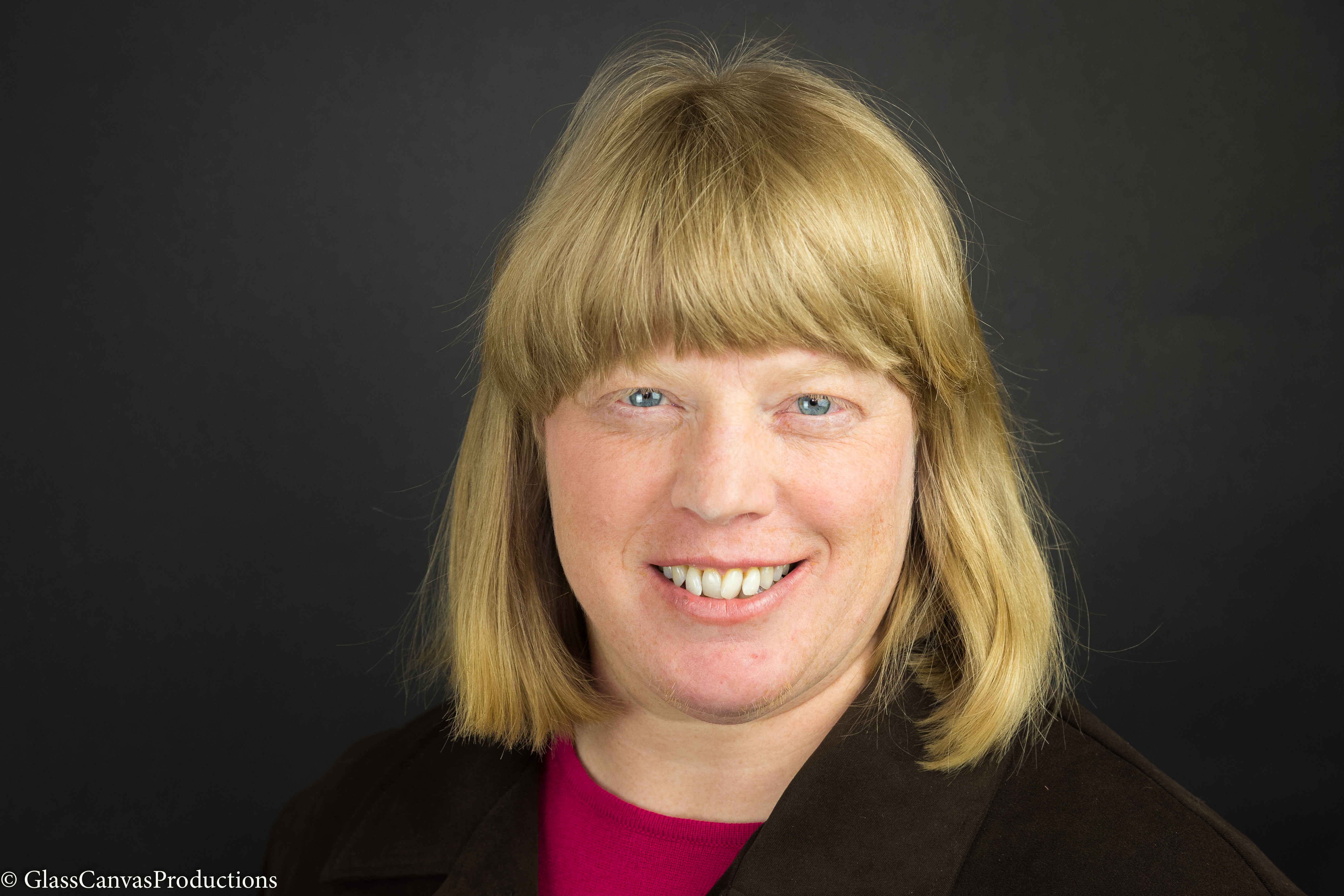
Creator: Corinna West
Location: Kansas
Bio: Poetry for Personal Power's founder Corinna West is an Olympic Judo athlete. She has lived experience of recovery from “major depressive disorder,” and 11 other psychiatric labels. She has a Masters degree in Pharmaceutical Chemistry. She was a catalyst for Kansas City's lead role in the national mental health dialogue project. She was a Cohort VIII fellow of the Kansas Health foundation. She was recipient of the 2013 Judi Chamberlin award from the National Coalition on Mental Health Recovery.
Title: Program Manager
Advanced Degree(s): MS
About Team Members
Aja Owens
St. Louis Regional Coordinator, BA
Biography: Aja Owens has lead our St. LOuis youth team through 24 events this summer, created our most active regional peer support network, and led mental health advocacy efforts to coordinate better with #blacklivesmatter, youth needs, and LGBT advocacy.
Title: St. Louis Regional Coordinator
Advanced Degree(s): BA
Brian Be
Colorado Regional Coordinator,
Biography: Brian has led our Colorado expansion with intense effort related to program design. He is a star of Evita at the Denver Performing Arts Center, an Austim self-advocate, and a funny, warm, and friendly person that is really nice to talk to.
Title: Colorado Regional Coordinator
Doug Rosenbrook
Kansas City Regional Coordinator,
Biography: Doug is the coach of KC Poet Tree, Kansas City's national youth team that went to the semifinals of the Brave New Voices national slam this year. Doug has led local efforts, trained other artists, and helped design our prison outreach program.
Title: Kansas City Regional Coordinator
About Our Company
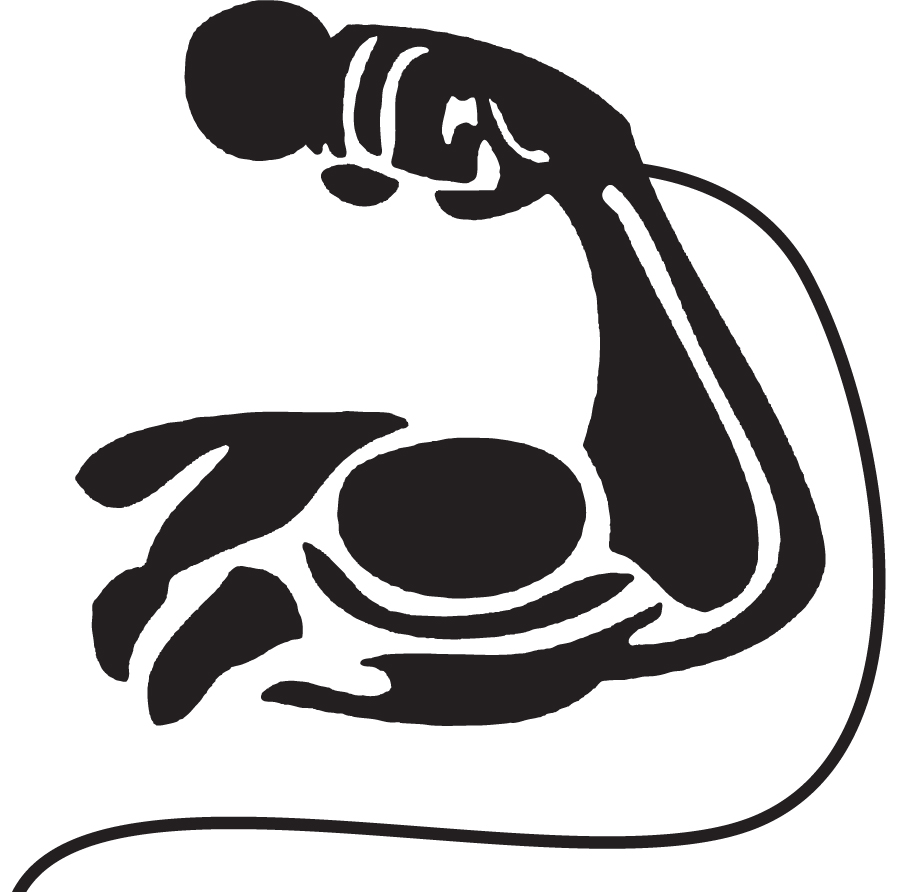
Poetry for Personal Power
Location: 1921 Nebraska Ave
Kansas City, KS 66102
US
Founded: 2009
Website: http://poetryforpersonalpower.com
Blog: http://wellnesswordworks.com
Twitter: @PoetryforPower
Facebook: https://www.facebook.com/PoetryforPersonalPower/
Other link: http://www.scattergoodfoundation.org/innovideas/poetry-personal-power#.V6qPqFQrJdg
Other link: https://www.youtube.com/channel/UCWRclaJaqyxqTN0MDNt_VXg
Product Stage: In the Market
YTD Sales: Less than $250,000
Employees: 20-50
How We Help Patients
We increase recovery rates, we provide complete recovery transition services, and we provide access to (ex) / patient advocates. We were the only (ex)/patient-led organization ever selected as a 4 time awardee from the U.S. Substance Abuse and Mental Health Administration’s Anti-Discrimination Center for our mental illness discrimination prevention programs on college campuses and in the community. In our all time program history, we have hosted 254 events, with 3427 poets participating, most of whom are young adults. We have reached 10, 920 audience members with our mental illness prevention messaging. We are currently the first-ever double recipient of SAMHSA's BRSS-TACS, or Bringing Recovery Supports to Scale grant for expandable peer support businesses.How We Help Physicians
Doctors want to see patients recover. Primary care doctors need to prevent mental illness. Our system of community and lay interventions can solve mental health concerns before they become “illness.” To put it simply, many mental illnesses are preventable, and we have a plan to count the savings. Helping people avoid psychiatric disability would save an average Medicaid cost of $20,000 per year per person, a total of $307 million dollars annually in the KC Metro area alone. Medicalization of normal emotions costs the US over $35 billion annually (Social Science and Medicine, 2010: 70, 1943). De-medicalizing help-seeking for mental health concerns addresses the two largest causes of stigma (J Psychiatry Neurosci 2015;40(3) and the three biggest barriers to help seeking (Clement et al, Psychological Sciences, 2014). Our program prevents direct costs of traditional interventions, plus indirect costs of psychiatric disability like lost employment, productivity, and victim loss.How We Help Hospitals
Hospitals need sustainable revenue streams. Hospitals are also penalized for re-admissions. We can solve both issues. Poetry for Personal Power has initial start up funds from SAMHSA, two health care foundations and the state of Kansas. Our statewide network in Kansas and Missouri has letters of support from churches, mental health providers, researchers, and a wide range of partnering advocacy organizations. Our program is sustainable because we are building entrepreneurial approaches in from the beginning. Our peer supporter placement service matches highly resilient people with the companies who need them. We are working on the capacity to bill Medicaid and insurance companies for peer support. We are also teaching our community partners to bring in revenue from mental illness prevention. This creates a powerful community demand for more mental illness prevention funding. We are working creatively on both the supply side and the demand side to change the economics of the prevention and peer support industries.How We Help Partners
The idea is that all nonprofits already do some work that will solve or prevent mental illness. But most organizations have been confused by medical language and disease views of mental illness. -centric approaches to mental health. Poetry for Personal Power simplifies this with a short quiz that shows the 45 ways to promote wellbeing. Most non-profits already do 12-15 of these well-being or resilience building activities. Poetry for Personal Power teaches organizations to increase their wellbeing impact. This way they know what to do and how to support people who come to them with mental health needs. We also teach host organizations how to document wellbeing related outcomes to increase their ability to get future health care funding. We test the effectiveness of this approach by surveying our partner agencies for their knowledge of well-being before and after our work with them. If we get a higher level matching grant, we will be able to test the well-being of program participants and see how much that actually increases.Challenge Mission
How we will improve Depression Care
Poetry for Personal Power increases quality by integrating the best and most current research solving root causes of mental health concerns. We address disclosure concerns, negative social judgments, and job discrimination, the three largest barriers to help-seeking (Psych. Med. 45:11-27, 2014). We are building a culture of health and addressing neighborhood health disparities with our coalition of trusted community nonprofits. Our program's “Mental Health is Simple” capacity building puts into action the wellbeing research in the 2013 UK Creating Resilient Communities report. We integrate suicide prevention recommendations from the seminal 2014 “The Way Forward” report. Lay person interventions have a proven ability to reduce prevalence of suicidal behavior, psychological morbidity, and disability days. (British Journal of Psychiatry, 2011: 9:459-66). We are “(ex) / patient- centered” with (ex) / patients leading many of our efforts.How we will make the lives of those who suffer from depression better
There are poets, recovery movement advocates, wellness organizations, and funders in every small town and city. The information needed to bring them together is easily shared. Information moves quicker than medicine. Poetry for Personal Power is an intentionally designed social change strategy to popularize effective prevention science. We are making great momentum on a stuck issue in Kansas and Missouri. We can prevent mental illness, provide complete recovery transition services, and build a new paradigm of mental health care. Our methods can be easily transferred to other locations by connecting the key players in those cities with the modular advocacy and artist approaches we are creating. Also, by creating a livable wage for (ex) / patient advocates, we can help solve some of the stuck issues on cancer, diabetes, or other “medical' fields.Innovation Details
Intellectual Property Summary
We are social entrepreneurs and want our ideas to be shared. Also, the value of a business idea is mainly in the execution.
Patent Link
NA
Clinical Information
Poetry for Personal Power is not one specific innovation, but a business system that compiles many past and proven patient led mental health innovations. Peer support has shown evidence-based outcomes for mental health and mental illness via the following data. Enrollees in the Optum Wisconsin PeerLink program showed a significant 71% decrease in the average number of acute inpatient days per month. Enrollees in the Optum Tennessee PeerLink program showed a significant 90% decrease in the average number of acute inpatient days per month. Enrollees in the Optum Texas PeerLink program showed a significant 70% decrease in the average number of acute inpatient days per month. Optum Pierce realized that among 125 individuals served, there was a 79.2% reduction in hospital admissions from one year to the next, with an indicated $550,215 in savings. NYAPRS data indicated that 71% of those individuals who were served by the Peer Bridgers program were able to stay out of the hospital in 2009. Recovery Innovations realized a 56% reduction in hospital admissions rates.
Poetry for Personal Power has done extensive review of the evidence behind peer support, also reviewing the large amount of research on trauma healing, peer-run programs, peer support implementation, and layperson mental health interventions, and has incorporated SAMHSA’s core principles of peer support. We work with fidelity to evidence-based program models, including ex-patient Dr. Jean Campbell’s COSP-FACIT research (Consumer-Operated Support Programs-Fidelity Assessment Common Ingredients Tool). This tool has been used in Missouri for more than 12 years and is recognized by SAMHSA as an evidence-based practice.
Regulatory Status
NA - this is human experience language and requires no FDA approval. Also, we do not require any IRB at this stage.
How we will use the funds raised
This funding will help us expand to schools, jails, nonprofits, big cities and tiny towns across the United States and become a national model. We will take the program on tour, holding demonstration events in selected communities across the United States to recruit new partners.
Our Project objectives for the $35,000 include:
-
Completion of health care messaging events in new geographies
-
Form new networks of peer support providers in new geographic areas.
-
Provide training on the basic elements of peer support
-
Create a management structure to support a network of affiliated peer support programs
The system created by Poetry for Personal Power, of community and lay interventions, will solve mental health concerns before they become extenuated illnesses. Many mental illnesses are preventable. Helping people avoid psychiatric disability would save an average of $20,000 in Medicaid costs per year, per person (millions for each metropolitan area). This award would support further national expansion to provide peer support in a scalable way to spread community interventions for depression.
Thank You
I used to have major depressive disorder. I tried 29 psych drugs and the doctors at some point resorted to shock treatments. My mom took me out of the hospital after I lost the ability to speak from the shocks. I had to fight two years to heal up from that brain injury. I had to learn how to safely taper off medications, how to build wellness activities, how to find meaning and purpose again in my life. I had to end bad relationships and shift out of careers that didn't fit. I almost died of this stuff. I wish I had advocates and peer support from the beginning. When our program scales up, everyone will have access to a patient advocate who has recovered.
Updates
-
Update #1
Poetry for Personal Power thanks you for your support!
Hi friends, Thanks so much for your support of Poetry for Personal Power. We are in first place and it looks like are almost there! You can help us a few more ways, if you are interested in advancing our project. If you are a coaching / mentoring / support group leader, you can fill out our survey for community organizations. https://www.surveymonkey.com/r/XL3JF63 If you are in Kansas City, we are looking for board members. Also, you can join us at pitch practice in person on September 17, 2016. At 8:45am at UMKC Bloch Hall. If you are in California, Join us during the pitch on September 27 at 10am at the Santa Clara Hyatt Regency, and bring some friends. If you are anywhere else, we love you too! You can call us tonight and hear our phone based pitch practice, at 6:30 Central. Reply to corinna@poetryforpersonalpower.com for the call in information. Also, we would love for you to review our pitch slides, or send any feedback or partnership ideas you have to corinna@poetryforpersonalpower.com. Great to have you on board and it looks like you joined one of the winning teams! -Signed Corinna, Chris, Aja, Adrienne, and Andre (our pitch team) -
Update #2
Thanks again for supporting Poetry for Personal Power.
Thanks again for all your support for Poetry for Personal Power....The pitch team did well, our whole crew was amazing. We feel the contest and judges were a bit TOO disease model....but hey....the whole world is TOO disease model. So I guess it's time we keep plugging to fix this. Here are the pics. https://www.facebook.com/PoetryforPersonalPower/photos/?tab=album&album_id=1209216555812819 If you still want to donate to our organization, please feel free! You can use the donate button on our website: http://poetryforpersonalpower.com/ We're going to keep doing amazing work and looking for early adopter funders and peer support clients. We'd love to help you reduce health care costs!
Supporters
-
11/11/2016 - Liked the project.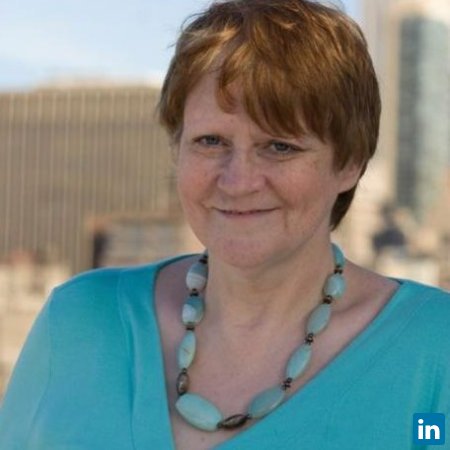
11/08/2016 - Liked the project.
10/02/2016 - Liked the project.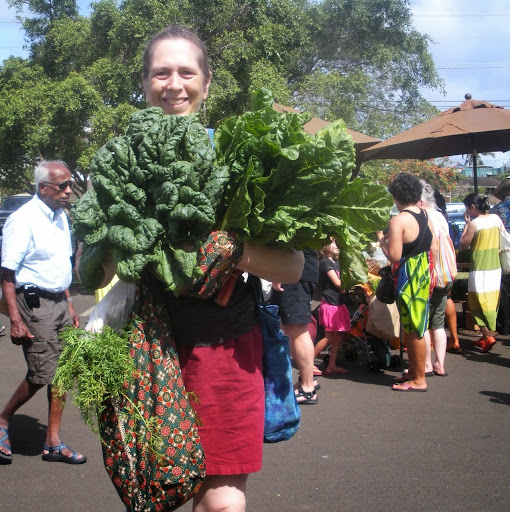
09/27/2016 - for the Poetry CD
09/27/2016 - Liked the project.
09/27/2016 - Liked the project.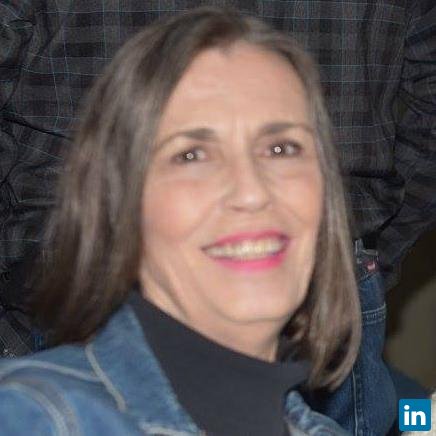
09/27/2016 - Followed the project.
09/27/2016 - Liked the project.
09/26/2016 - Interested in a partnership with the project.
09/26/2016 - Followed the project.
09/26/2016 - Interested in a partnership with the project.
09/26/2016 - Followed the project.
09/24/2016 - Liked the project.
09/24/2016 - Liked the project.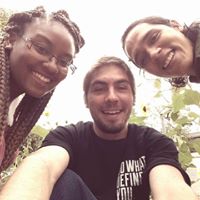
09/19/2016 - Interested in a partnership with the project.
09/19/2016 - Followed the project.
09/17/2016 - Liked the project.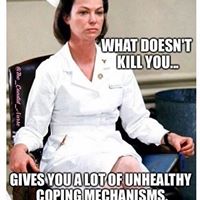
09/16/2016 - Liked the project.
09/16/2016 - Interested in helping your project as a mentor or team member.
09/16/2016 - Followed the project.
09/16/2016 - Liked the project.
09/13/2016 - Followed the project., LPC-S, NCC, DCC
09/08/2016 - Liked the project. , MD
, MD
09/08/2016 - Followed the project. , MD
, MD
09/08/2016 - Interested in helping your project as a mentor or team member.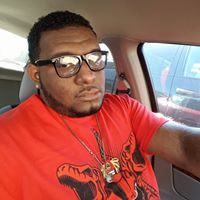
09/08/2016 - Interested in a partnership with the project.
09/08/2016 - Liked the project.
09/08/2016 - Followed the project.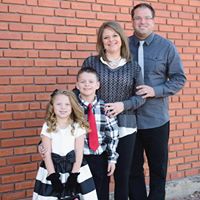
09/08/2016 - Liked the project.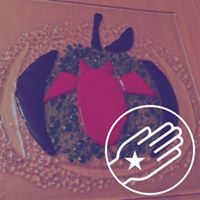
09/07/2016 - for the Refer your friends
09/07/2016 - Followed the project.
09/07/2016 - Liked the project.
09/07/2016 - Liked the project.
09/07/2016 - Liked the project.
09/07/2016 - Interested in piloting the project.
09/07/2016 - Liked the project.
09/07/2016 - Liked the project.
09/07/2016 - Followed the project. , MSN, APRN, CRNP, FNP-C
, MSN, APRN, CRNP, FNP-C
09/07/2016 - Liked the project.
09/07/2016 - Interested in helping your project as a mentor or team member.
09/07/2016 - Liked the project.
09/07/2016 - Interested in a partnership with the project.
09/07/2016 - Followed the project.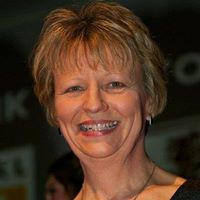
09/07/2016 - Liked the project.
09/07/2016 - Liked the project.
09/07/2016 - Followed the project.
09/07/2016 - Liked the project.
09/07/2016 - Followed the project.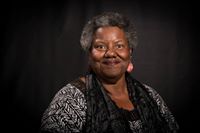
09/07/2016 - Followed the project.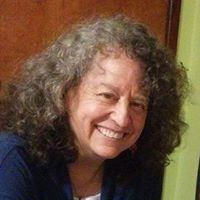
09/07/2016 - Liked the project.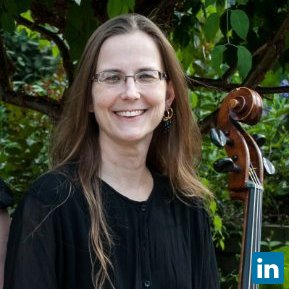
09/07/2016 - Followed the project.
09/07/2016 - Liked the project.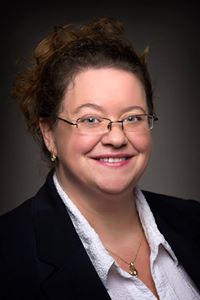
09/07/2016 - Followed the project.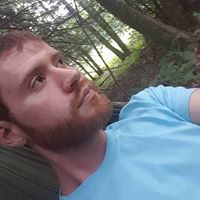
09/07/2016 - Liked the project.
09/07/2016 - Liked the project.
09/07/2016 - Liked the project.
09/07/2016 - Followed the project.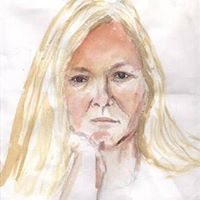
09/07/2016 - Followed the project.
09/06/2016 - Backed the project for $15
09/06/2016 - Liked the project.
09/06/2016 - Followed the project.
09/06/2016 - Interested in a partnership with the project.
09/06/2016 - Liked the project.
09/06/2016 - Followed the project.
09/06/2016 - Interested in a partnership with the project.
09/06/2016 - Liked the project.
09/06/2016 - Followed the project.
09/06/2016 - Interested in a partnership with the project.
09/06/2016 - Liked the project.
09/06/2016 - Followed the project.
09/06/2016 - Interested in a partnership with the project.
09/06/2016 - Liked the project.
09/06/2016 - Followed the project.
09/06/2016 - Interested in a partnership with the project.
09/06/2016 - Liked the project.
09/06/2016 - Followed the project.
09/06/2016 - Interested in a partnership with the project.
09/06/2016 - Liked the project.
09/06/2016 - Followed the project.
09/06/2016 - Interested in a partnership with the project.
09/06/2016 - Liked the project.
09/06/2016 - Followed the project.
09/06/2016 - Interested in a partnership with the project.
09/06/2016 - Liked the project.
09/06/2016 - Followed the project.
09/06/2016 - Interested in a partnership with the project.
09/06/2016 - Liked the project.
09/06/2016 - Followed the project.
09/06/2016 - Interested in a partnership with the project.
09/06/2016 - Liked the project.
09/06/2016 - Followed the project.
09/06/2016 - Interested in a partnership with the project.
09/06/2016 - Liked the project.
09/06/2016 - Followed the project.
09/06/2016 - Interested in a partnership with the project.
09/06/2016 - Liked the project.
09/06/2016 - Followed the project.
09/06/2016 - Interested in a partnership with the project.
09/06/2016 - Liked the project.
09/06/2016 - Followed the project.
09/06/2016 - Liked the project.
09/06/2016 - Followed the project.
09/06/2016 - Interested in a partnership with the project.
09/06/2016 - Liked the project.
09/06/2016 - Followed the project.
09/06/2016 - Liked the project.
09/06/2016 - Followed the project.

